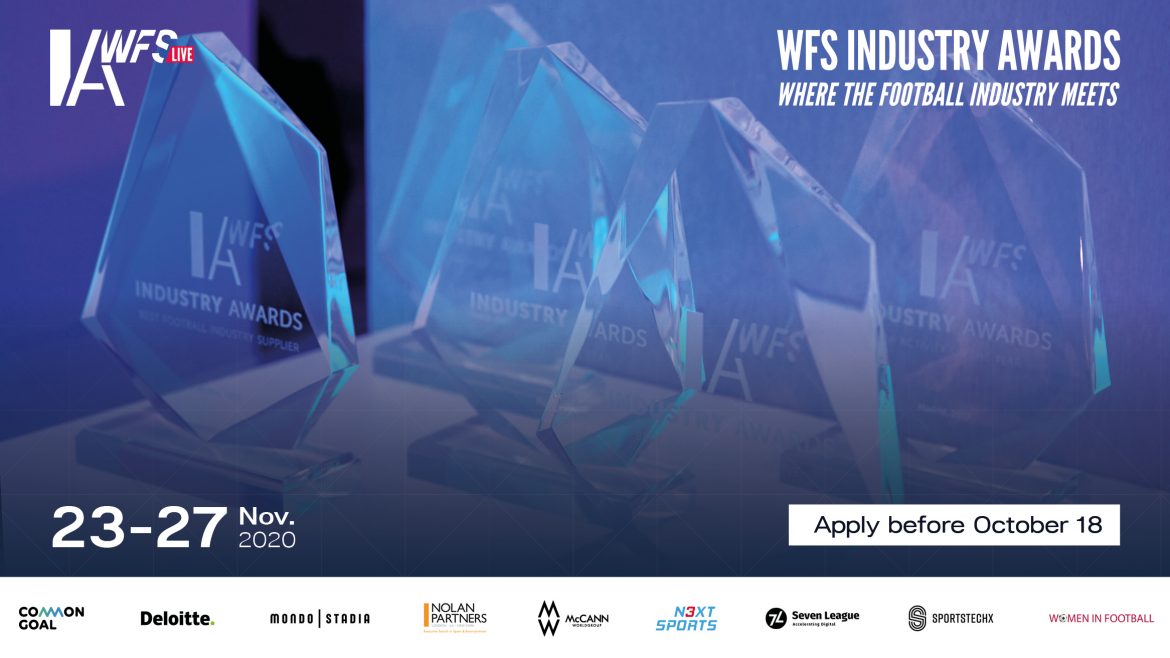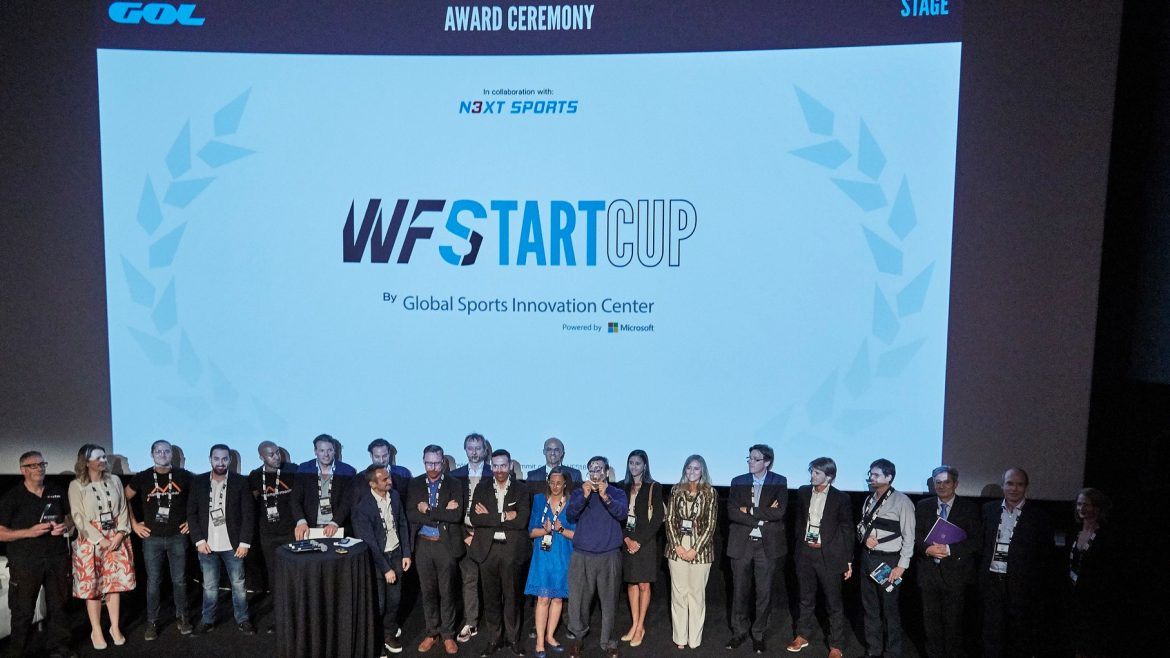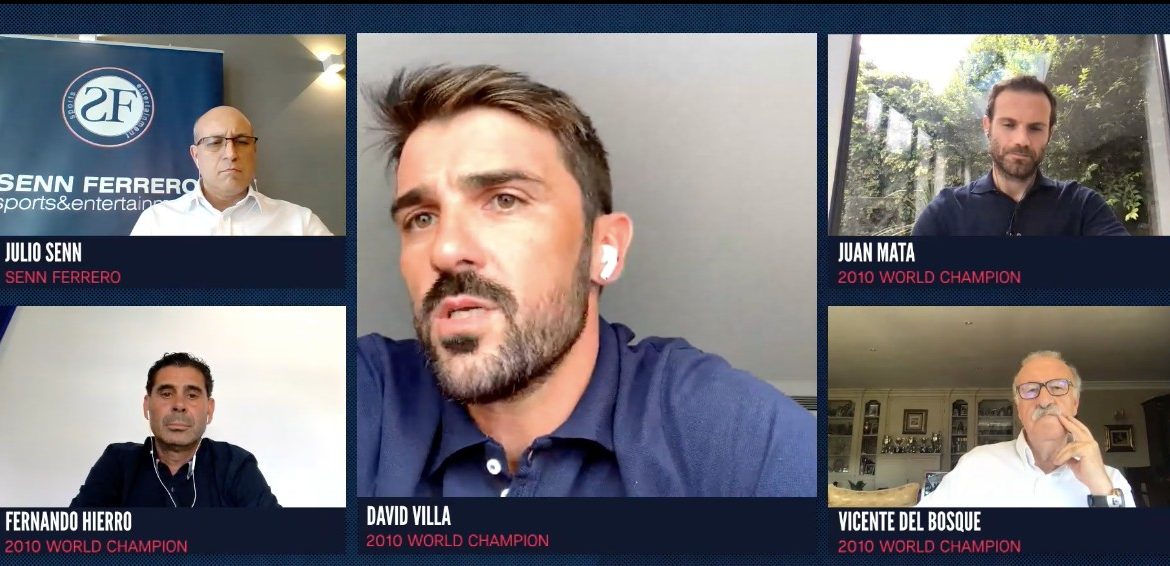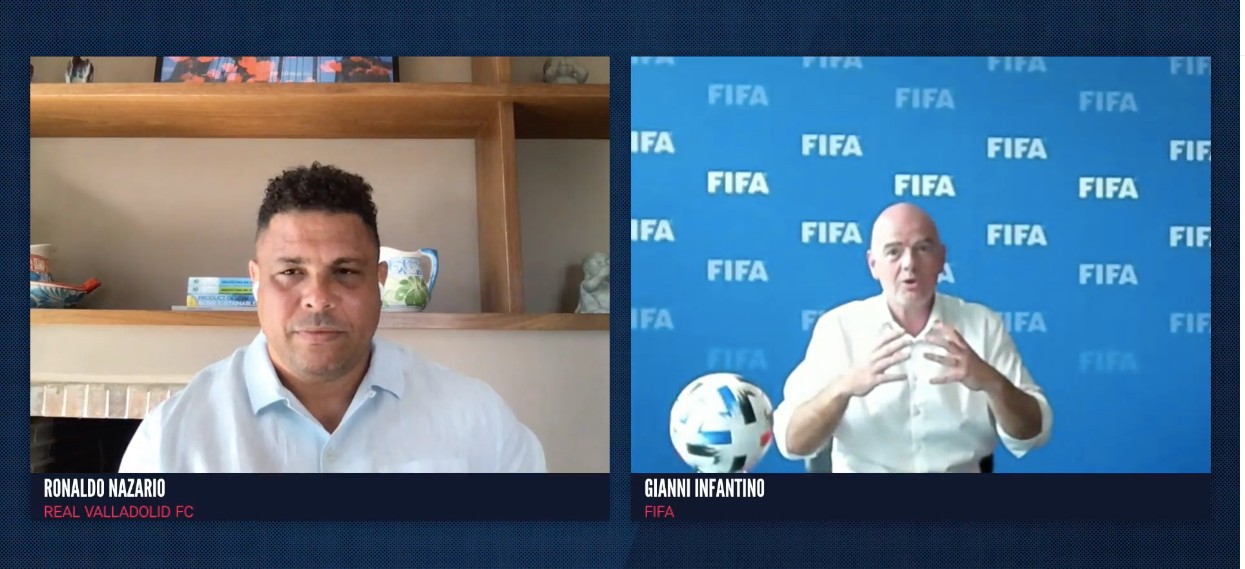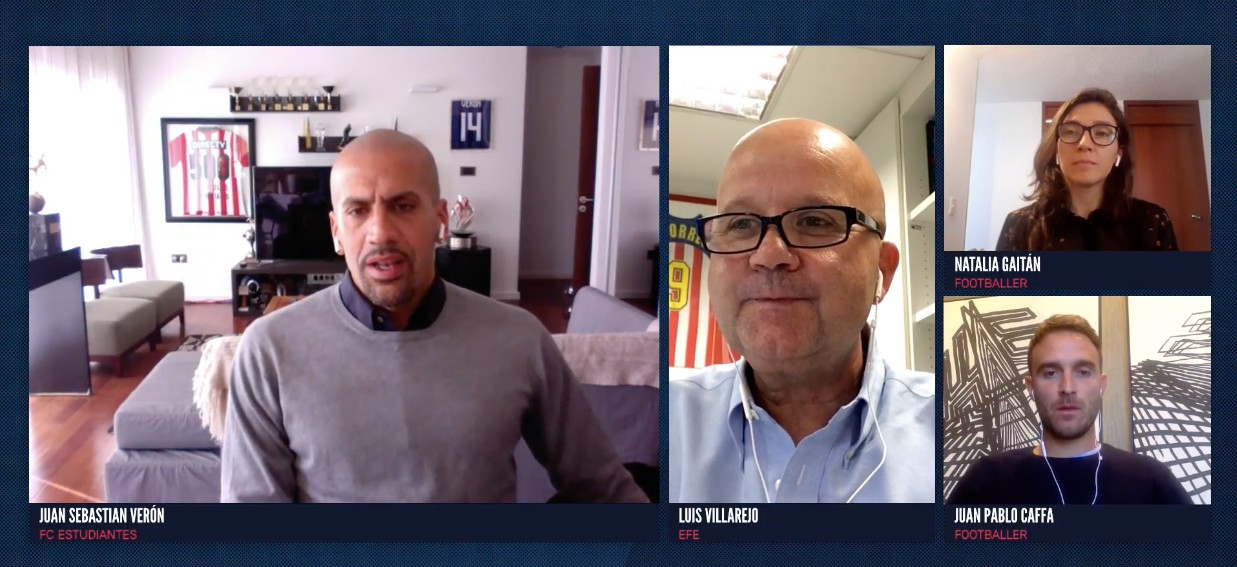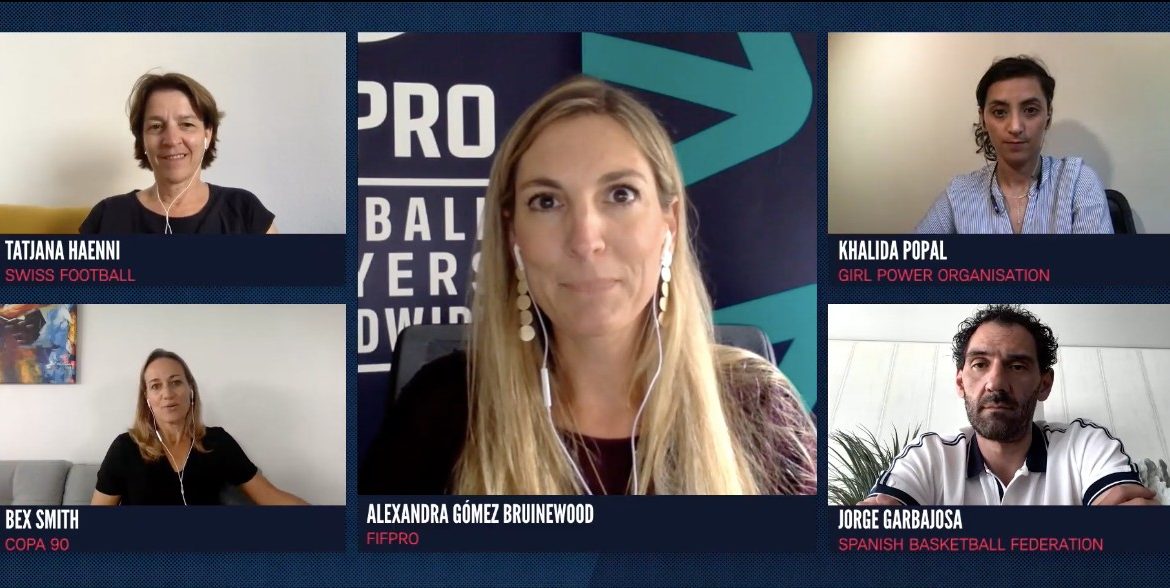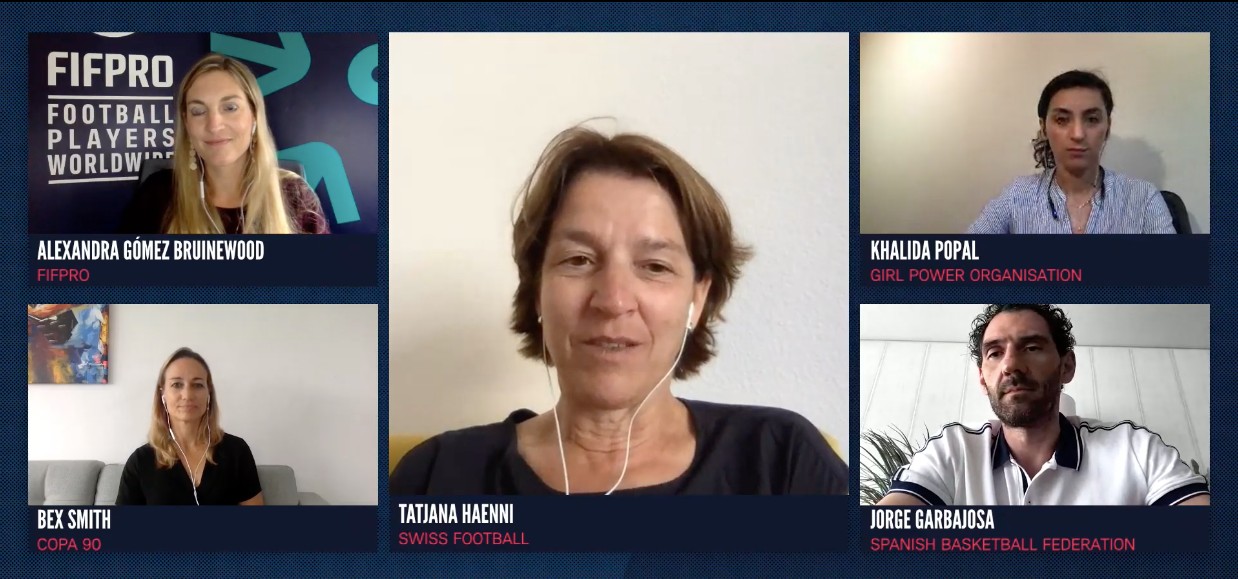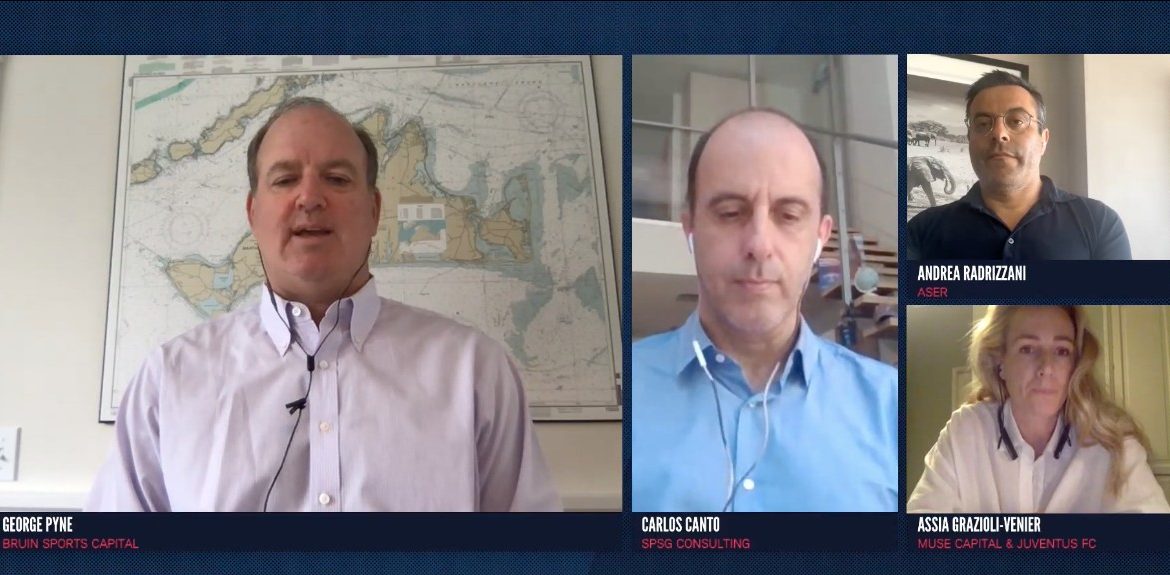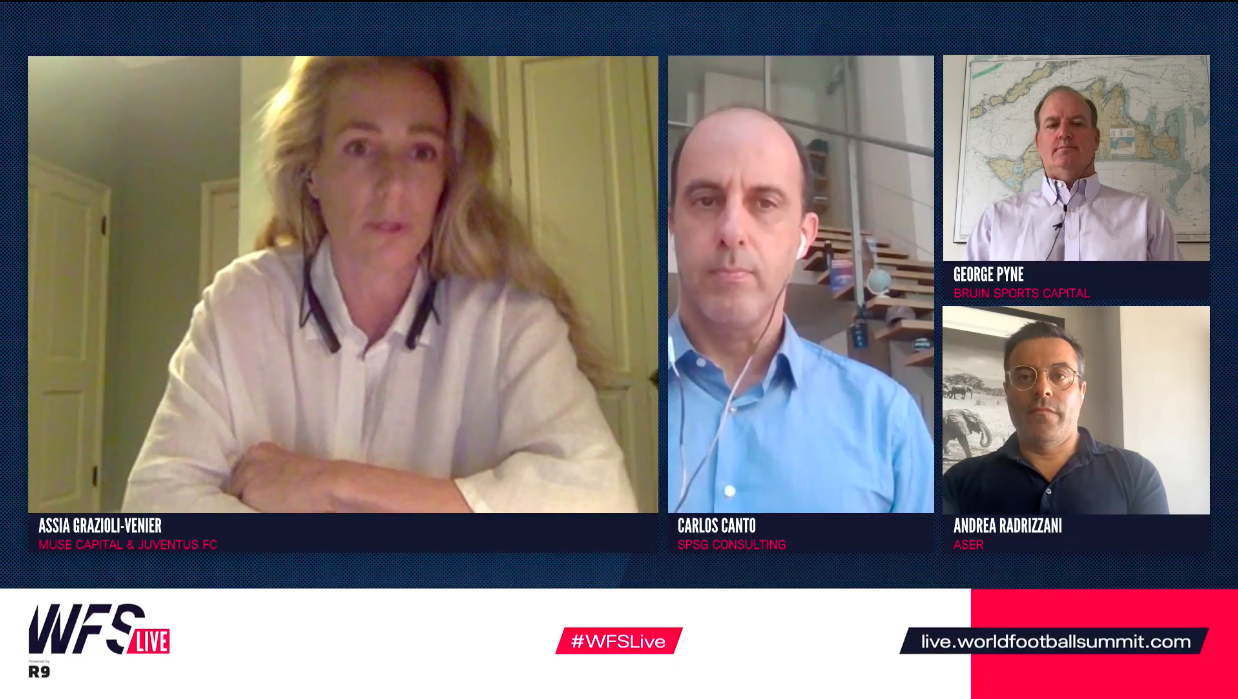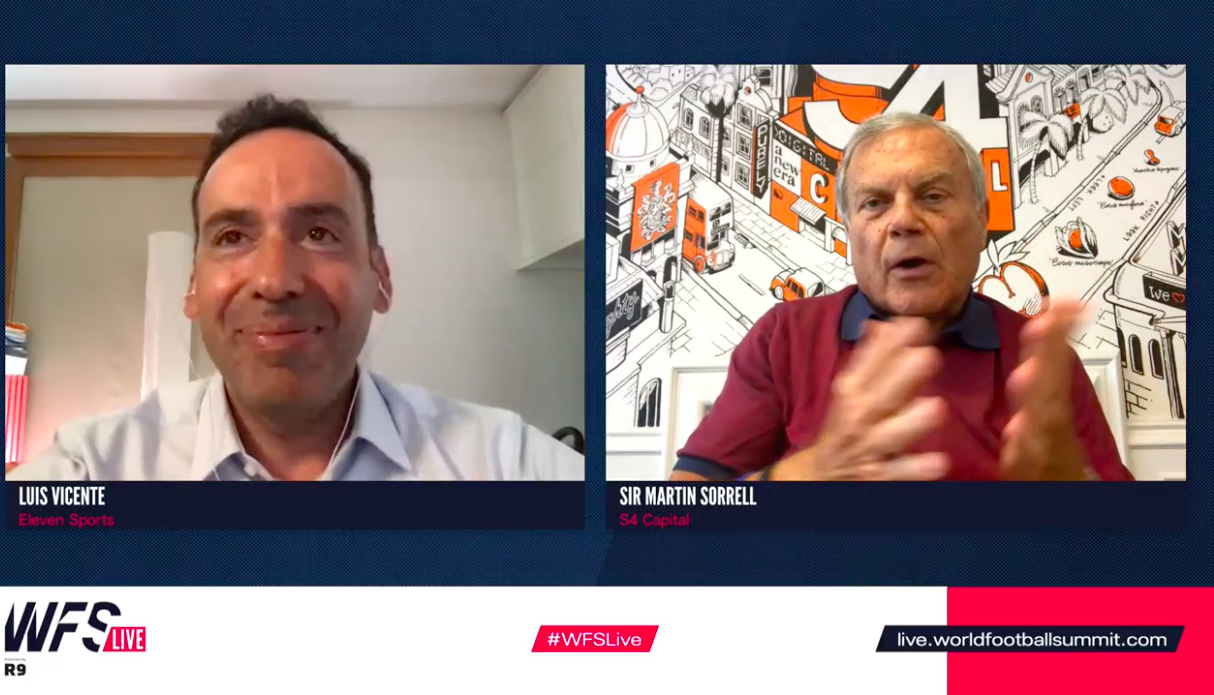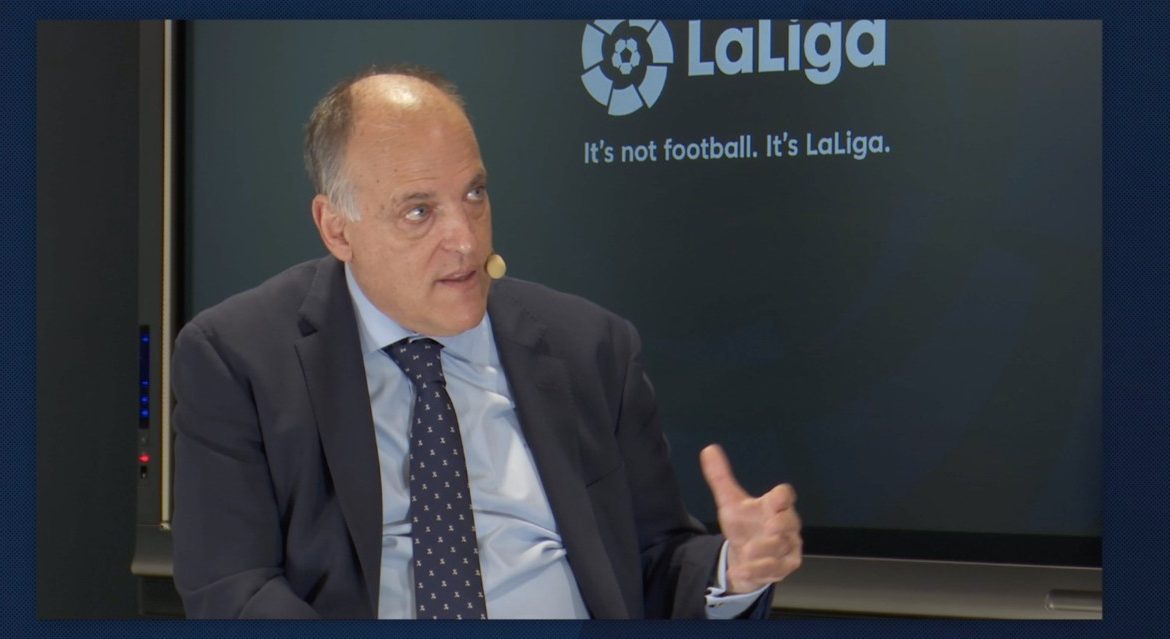This year’s WFS Industry Awards are now open to applications and will take place virtually at WFS Live on Friday, 27 November.
With applications now open, the deadline for submissions is 18 October.
The WFS Industry Awards were created exactly to acknowledge and reward the achievements of executives, managers, sponsors, agencies, media, NGOs and so many other professionals whose talent, passion and dedication help make football the world’s greatest game and a thriving industry.
Since the inception of the WFS Industry Awards in 2017, the ceremony has been a part of World Football Summit’s annual congress in Madrid.
Unfortunately, this year the event has been suspended due to the Covid-19 pandemic, but there are even more reasons to celebrate the work of the industry.
During the past months football has faced the biggest challenge of its history – one that is being overcome thanks to the talent, commitment and brilliant work of outstanding professionals.
The 2020 WFS Industry Awards are now open to applications until 18 October.
We also have two new categories – Best Digital Platform and Outstanding Innovation Initiative – and all winners will take to the WFS Live stage on Friday, 27 November.— World Football Summit (@WFSummit) September 17, 2020
This year they deserve to be rewarded more than ever, and with the invaluable support of our partners we are committed to doing so, and that is why we have decided to maintain the WFS Industry Awards.
The winners of each category will then be announced on 16 November and they will have the chance to be interviewed on our digital stage in a 20-minute session that will be part of the WFS Live Conference Programme.
There are also two new categories to make sure all professionals have the chance to join our Hall of Fame: Best Digital Platform and Outstanding Innovation Initiative.
As such, the WFS Industry Awards 2020 categories read as follows:
- Best Executive presented by Nolan Partner
- Best Supplier presented by SportstechX
- Football for Good presented by Common Goal
- Best Venue presented by Mondo Stadia
- Best Club Commercial Initiative presented by McCann
- Best Women’s Football Initiative presented by Women in Football Football
- Best Internationalisation Strategy presented by Deloitte
- Best Digital Platform presented by Seven League
- Outstanding Innovation Initiative presented by N3XT Sports
You can find information on how to participate, HERE.
